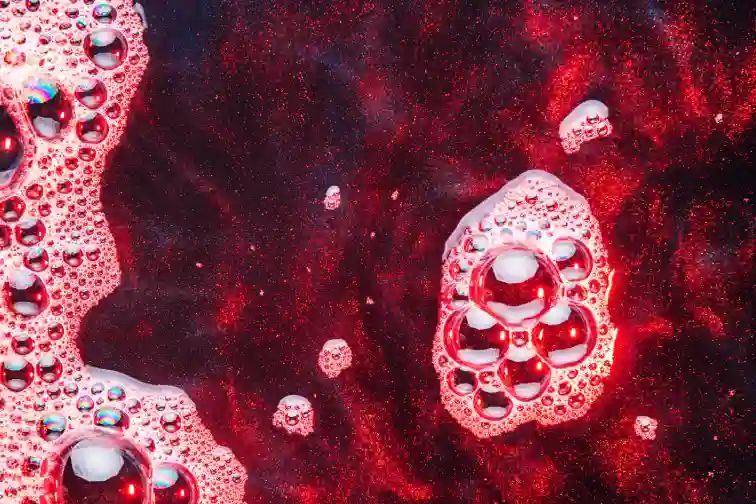GI bleeding causes & treatment | Dr. Datta Ram
GI bleeding indicates a problem with your digestive tract. It can be mild to severe, and sometimes, GI bleeding can become life-threatening. Knowing the cause and early diagnosis is the key to successful treatment of GI bleeding.
What are the symptoms of GI bleeding?
The signs and symptoms associated with GI bleeding can be mild to severe. They can also be either obvious or hidden. The symptoms may depend on the location and position of the area where bleeding starts.
The obvious bleeding signs include:
- Red or dark brown vomiting (blood)
- Tarry or black stool
- Bleeding (anal or rectal bleeding in or with stool)
Gastrointestinal bleeding which is not obvious (Hidden or Occult) causes
- Abdominal pain
- Chest pain
- Fainting
- Breathing difficulty
- Lightheadedness
GI Bleeding Causes
GI bleeding can occur in the upper GI tract or the lower GI tract due to several reasons.
Causes of Upper GI Bleeding
Tears in the lining of the esophagus – Also known as Mallory-Weiss tears. This type of bleeding is common in heavy drinkers.
Peptic Ulcers – These are sores on the lining of stomach and upper portion of small intestine.
Esophagitis – inflammation of the esophagus due to GERD (gastroesophageal reflux disease)
Esophageal Varices (enlarged veins in the esophagus)
Causes of Lower GI Bleeding
Proctitis – Rectal bleeding occurs due to the inflammation of the lining of rectum.
Anal Fissures – Tears in the lining of the anus
Hemorrhoids – veins swell, bulge and protrude from the anus or lower rectum and cause bleeding.
Colon Polyps – These are small growths on the lining of the colon. Though a majority of them are harmless, they may turn cancerous and cause bleeding if not removed.
Tumors – GI tract cancer can cause bleeding. Both benign (non-cancerous) and malignant (cancerous) tumors can weaking the lining of the digestive tract and cause bleeding.
Inflammatory Bowel Disease – Both Chron’s disease and ulcerative colitis can cause sores and inflammation in the lining of the colon and rectum and cause bleeding.
Diverticulitis or diverticulosis is a condition in which small bulging pouches form in the digestive tract. When they get infected and inflamed, they cause bleeding.
How is the cause of GI bleeding diagnosed?
Your gastroenterologist will take into account the signs and symptoms, make a note of medical history and then conducts a physical examination. The doctor might order a few blood tests. Stool tests and endoscopy.
Treatment
If GI bleeding stops on its own, it doesn’t require treatment. However, treatment mostly depends on the identified cause and the location of bleeding. For instance, if polyps are the cause of rectal bleeding, they are removed during a colonoscopy procedure. If the GI bleeding is due to GERD, then treating GERD effectively can stop the bleeding. In a nutshell, once the source of GI bleeding is identified, your surgical gastroenterologist will suggest appropriate treatment.
When to seek emergency medical care?
If bleeding starts suddenly and progresses rapidly, it can lead to shock. The person who is in shock has the following signs and symptoms – rapid pulse, low blood pressure or drop in blood pressure; less frequent urination or urinating in small amounts and unconsciousness. If a person has these signs and symptoms of shock, someone should call and seek emergency medical care immediately. If you think you have the other signs and symptoms of GI bleeding, then you should seek an appointment with a surgical gastroenterologist.

